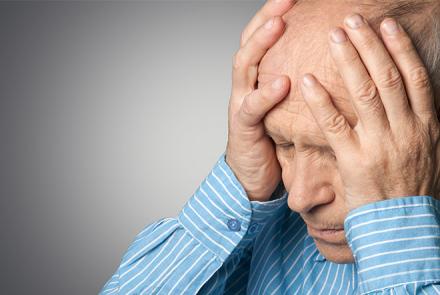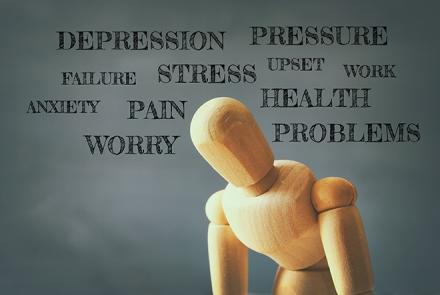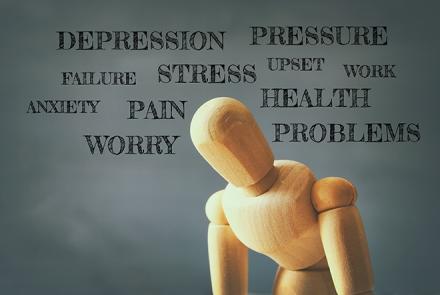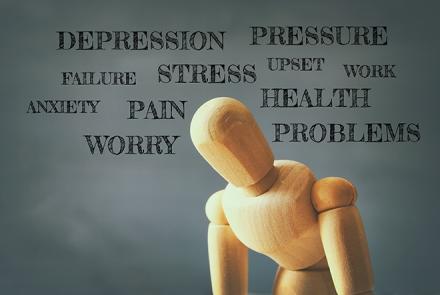
Depression is a major mental health issue that affects many men and women worldwide each day, but it's not uncommon for their symptoms to be confused with chronic fatigue syndrome. In her book The Exhaustion Breakthrough, Dr. Holly Phillips touches on why this diagnosis can be so tricky. She also shares in this interview with Huff Post Live
"One of the most common signs of depression is fatigue, a lack of motivation, a change in mood, a change in appetite, but also if you're fatigued for other reasons, you may have that same lack of motivation and it may even depress your mood," she said. "It's very hard to distinguish both. When I'm working out patients for exhaustion, I first look at medical issues and then I always make sure to screen them for depression. There are specific symptoms that depression has that fatigue does not, and teasing through those can make a tremendous difference.
"The other thing is that treating depression both through therapy and medication can then alleviate fatigue. So I think it's not that they're opposite sides of the same coin, but for many people, they're closely related."
Click on the link to understand more about Chronic Fatigue Syndrome and Depression
Video link
http://www.huffingtonpost.com/2015/06/09/difference-between-fatigue-and-depression_n_7537346.html
















